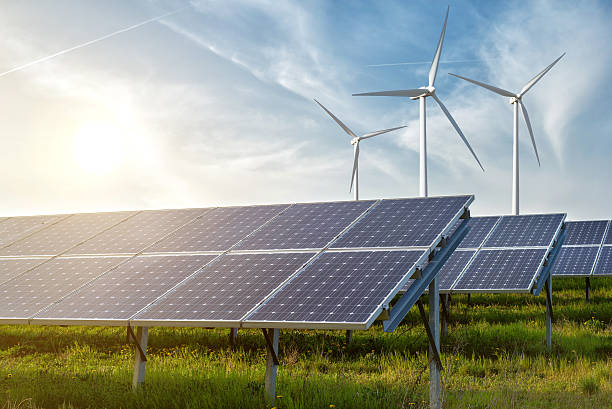
FAQ About Clean Energy
Clean Energy
2 years ago | gizem
What are the environmental benefits of clean energy?
Clean energy offers several environmental benefits that make it a crucial component of sustainable development and efforts to combat climate change. Some of the key environmental benefits of clean energy include:
- Reduced Greenhouse Gas Emissions: Clean energy sources, such as solar, wind, hydro, and nuclear power, produce little to no greenhouse gas emissions during electricity generation. By using these sources, we can significantly reduce carbon dioxide (CO2) and other greenhouse gases responsible for global warming and climate change.
- Air Pollution Reduction: Traditional fossil fuel-based power plants emit pollutants such as sulfur dioxide (SO2), nitrogen oxides (NOx), and particulate matter, contributing to smog, acid rain, and respiratory illnesses. Clean energy technologies help minimize these harmful air pollutants, leading to improved air quality and better public health outcomes.
- Water Conservation: Clean energy sources like solar, wind, and geothermal require little to no water for their operation, reducing the strain on water resources. This is particularly important in regions facing water scarcity or droughts.
- Reduced Water Pollution: Fossil fuel extraction and power generation can lead to water pollution through spills, leaks, and runoff. Clean energy technologies do not produce such pollution, helping to protect waterways and aquatic ecosystems.
- Biodiversity Preservation: Fossil fuel extraction and land use changes for energy production can lead to habitat destruction and loss of biodiversity. Clean energy technologies have a smaller ecological footprint, reducing their impact on natural ecosystems and wildlife habitats.
- Decreased Dependency on Finite Resources: Fossil fuels are finite resources that will eventually deplete. Clean energy sources, such as solar, wind, and geothermal, are renewable and abundant, providing a reliable long-term energy supply without depleting finite resources.
- Energy Efficiency: Clean energy technologies often promote energy efficiency, reducing overall energy consumption and the associated environmental impacts.
- Climate Change Mitigation: By reducing greenhouse gas emissions and curbing global warming, clean energy plays a crucial role in mitigating the adverse impacts of climate change, such as extreme weather events, sea-level rise, and disruptions to ecosystems.
- Sustainable Land Use: Clean energy projects, such as solar farms and wind turbines, can be developed on existing urban areas or marginal lands, minimizing the need for new land conversion and preserving natural habitats.
- Resilience and Adaptation: Clean energy infrastructure can enhance a community's resilience to climate change by providing decentralized and reliable power sources, reducing vulnerability to extreme weather events and grid disruptions.
